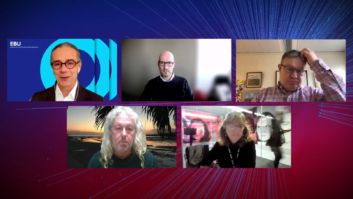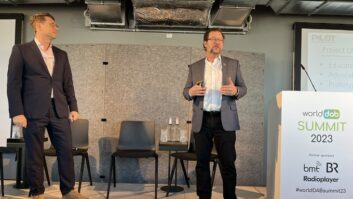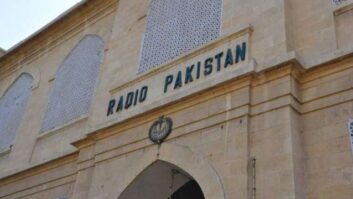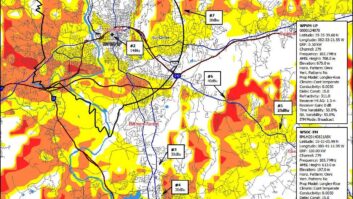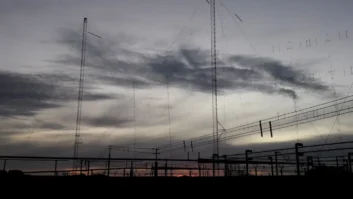Chip manufacturer NXP have released what they call the world’s first one-chip solution for global digital radio reception, designed for automotive.
The fingertip-sized chip, theSAF4000, is capable of reception of all global broadcast standards, including analog FM and AM as well as DAB+, Digital Radio Mondiale, and HD Radio.
The chip is software-defined, allowing car manufacturers to cover regional broadcast requirements via a firmware update, rather than producing different hardware for different countries. It might also mean that, where countries introduce new broadcast standards, a car radio could be upgradeable at the dealership rather than being retro-fitted with additional adaptors.
The company says that car radios used to require a large printed circuit-board with six different chips. The NXP SAF4000 incorporates all global standards in just one board, delivering power and space savings.
The chip will receive DAB and DAB+ transmissions (in use in Europe and Australia); HD Radio (in North America) and DRM broadcasts (available most widely in India). The chipset is just one portion of a car receiver; compatible amplifiers, antennas and processors are also required.
In Q3 2016, 86%of new cars sold in the UK came with DAB+ installed as standard. Around athirdin Australia are sold with DAB+. Over200US vehicle models incorporate HD Radio.
NXP radio designs have been used in 500 million car radio receivers in the last ten years, and their hardware is in 19 out of the top 20 receivers made for auto manufacturers. At this year’s CES in Las Vegas NV, the company also announced components to assist with self-driving cars, and demonstrated their solutions for home automation.
A software package for automotive manufacturers to better support DRM+ was released inMarchlast year by German research company Fraunhofer IIS.





